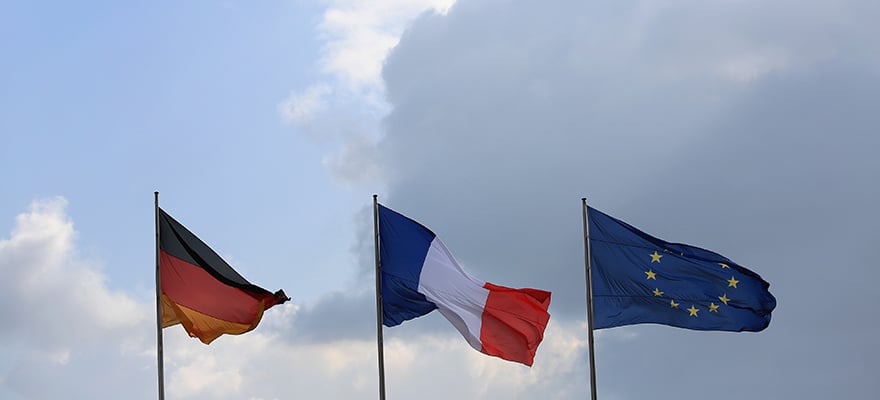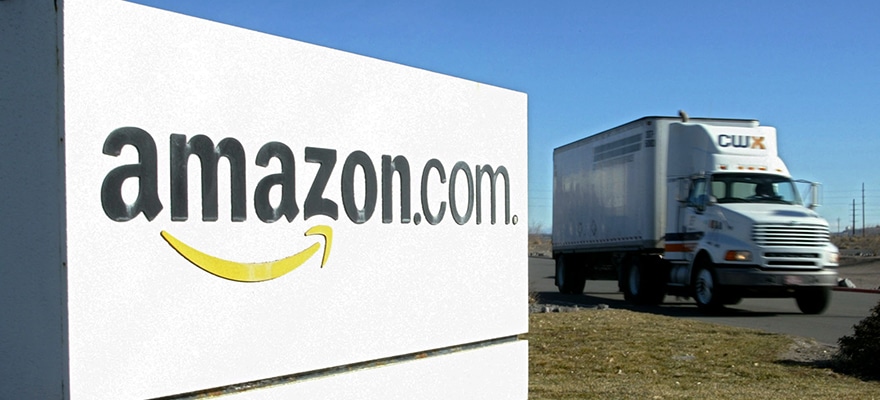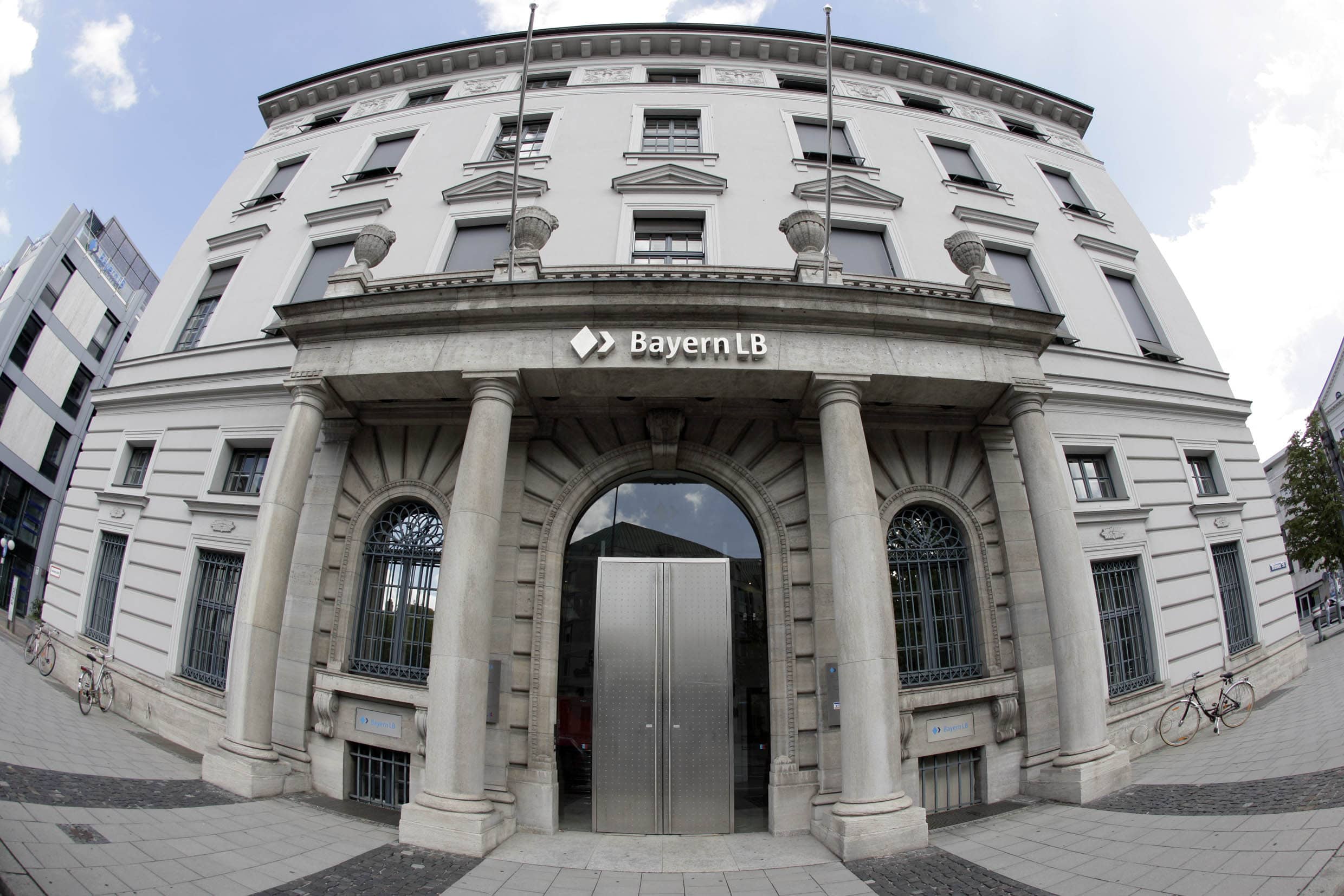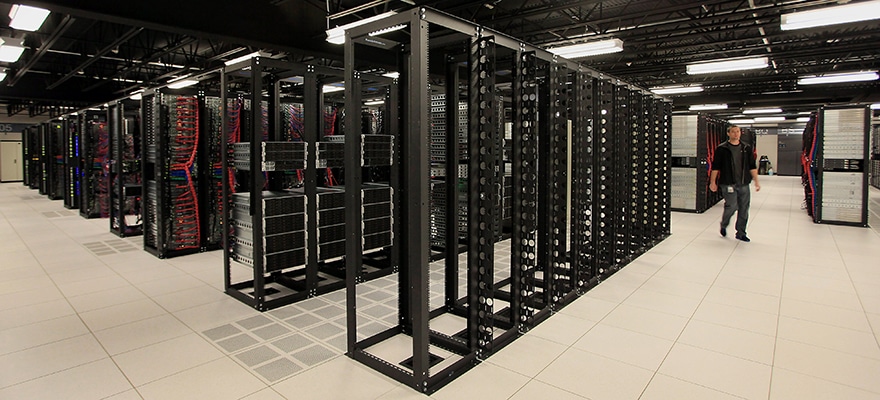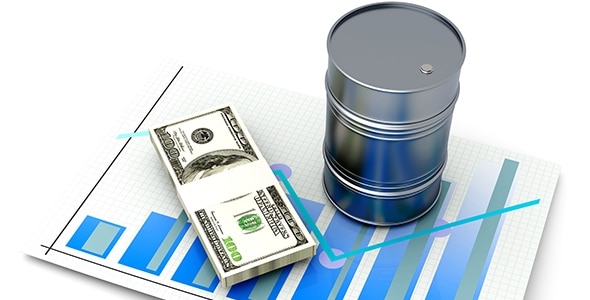The Eurozone crisis over the past several years has felt like a slowly sinking ship for many of those involved. Rather than experiencing a drastic, sudden economic crash, most residents of the currency union have felt a long, drawn-out underperformance. During this time, many have stopped to ask whether the sun was setting on Europe’s economy. But this week the group has shown encouraging signs of growth.
Reports on the successful growth in the Eurozone are starting to pinpoint which member states have been the most successful. Germany’s domestic consumption and high exports with the lower-valued euro make it the leader of the pack. France comes in at a close second. In addition to the positive GDP news, stock performance for companies within the Eurozone during the first quarter of this year hit 17-year highs. The German DAX was up over 22%, the best Q1 performance for Germany’s stock index since 1988. So what is driving the Eurozone economy?
Is It QE?
Earlier this year, the European Central Bank (ECB) announced that it would begin a quantitative easing (QE) program. The main idea was for central banks to buy up €60 billion of public and private bonds through at least September 2016. This would flood the world with euros and raise inflation. If we look at the growth numbers and feel the cool breeze of recovery for the Eurozone, we could very easily say that QE has started working its magic. But if we observe things macro economically, we will start recognizing that the Eurozone is one of the biggest importers of two commodities that have been depressed for the exact same time their economy has been recovering: oil and natural gas. The steady fall of crude oil prices coincides with all of the boosted growth that brought the currency club’s growth rate to 1.5% for last year.
Immediate Positivity
The good news has become contagious, with reports from the ECB showing adjusted projections for economic growth of 1.5% for this year, 1.9% in 2016, and 2.1% for 2017. Last summer, those numbers would have seemed ridiculous. QE may not have led to economic growth, but it can potentially help it roll along. By devaluing the currency, QE can help the Eurozone sell goods. Cheaper euros mean cheaper European products, which in turn mean more sales. QE appears, so far, to be an ally to Europe’s long-awaited recovery.
A Herculean Trial
But it isn't just lollipops and rainbows in the Eurozone just yet. There are a few problem children in the family, and the world is waiting to see if Greece has another meltdown. The new Greek government was elected on a platform of relieving the domestic economy of international austerity pressures. The Greeks are nearing the end of a process of reform talks that has already lasted over three months. €7.2 billion euros hang in the balance of those discussions. If the talks fail, it could lead to the feared Grexit from the Eurozone. Getting kicked out of the currency union would be rough on Greece, but it would also shake the foundations of the group. It could lead to mistrust among member states and questioning who is next for an exit.

